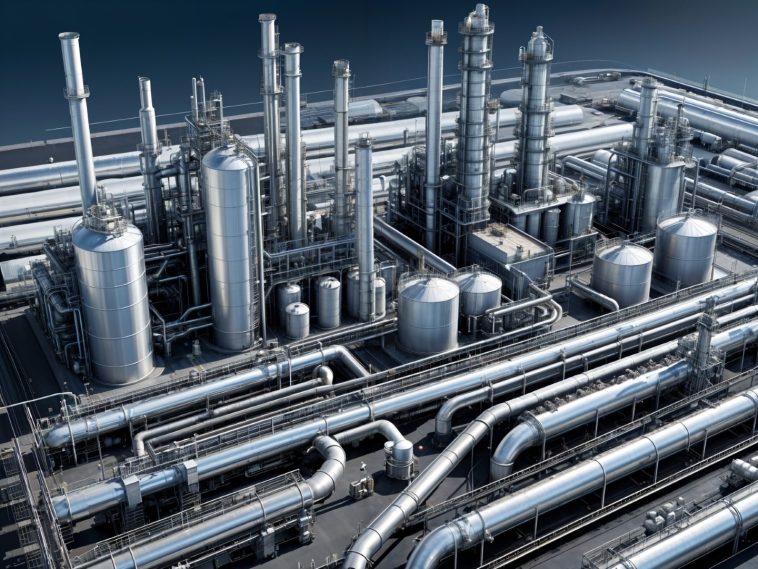Russian Oil Industry Adaptation to Sanctions Impact
The Russian oil industry demonstrates significant strategic shifts in its refining operations as it navigates through intensified US sanctions, marking a crucial development in global energy markets. This adaptation reflects the industry’s resilience and strategic response to international pressures.
Russian Refining Operations Show Strategic Growth Recent data indicates a notable increase in Russian oil refining activities, with processing volumes rising by 2% to 754,800 metric tons daily during January 15-19, compared to early January figures. This strategic pivot represents a 1.2% increase from January 2024’s average, highlighting the industry’s deliberate move toward refined products.
Sanctions Impact and Market Response The latest US sanctions, targeting approximately 180 tankers primarily involved in Russian oil transportation, have complicated crude exports to key Asian markets, particularly India and China. These measures, affecting vessels that transported roughly 1.5 million barrels of crude oil daily in 2024, have prompted Russian refineries to intensify their processing operations.
Strategic Advantages of Refined Products The G7 price cap mechanism provides Russian refiners with broader export opportunities for processed fuels compared to crude oil. Under current regulations, Western shipping services remain accessible for diesel exports priced below $100 per barrel, while Russian diesel trades at approximately $75 per barrel, maintaining profit potential. Additionally, vessel availability for refined products exceeds that for crude oil transportation.
Operational Challenges and Industry Response Despite facing challenges from Ukrainian drone attacks and economic pressures, Russian refineries are maximizing production capacity. Notable developments include:
- Kirishi refinery, operated by Surgutneftegaz, increased processing by nearly 8% in early January
- Industry leaders, including Rosneft, acknowledge potential impacts on modernization plans
- Companies are prioritizing refined product exports to maintain market presence



